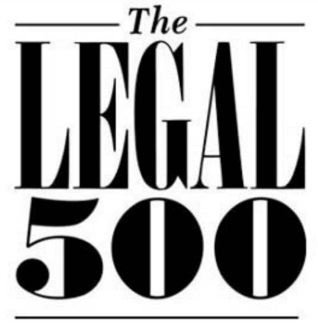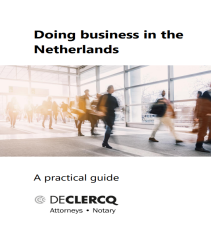
Contracting with U.S. cloud service providers: when allowed?
22 September 2022Contracting with U.S. cloud service providers is a hot topic. This has everything to do with, on the one hand, the dominant position of American pl...
Read more

The world is changing rapidly. New technologies, new relationships, new possibilities. And hence: new challenges, also in the legal field. Therefore, we are right on top of it, looking far ahead, beyond your horizon. We identify bottlenecks and analyze potential solutions. This way, we pave the way for you to evolve with the changes.


